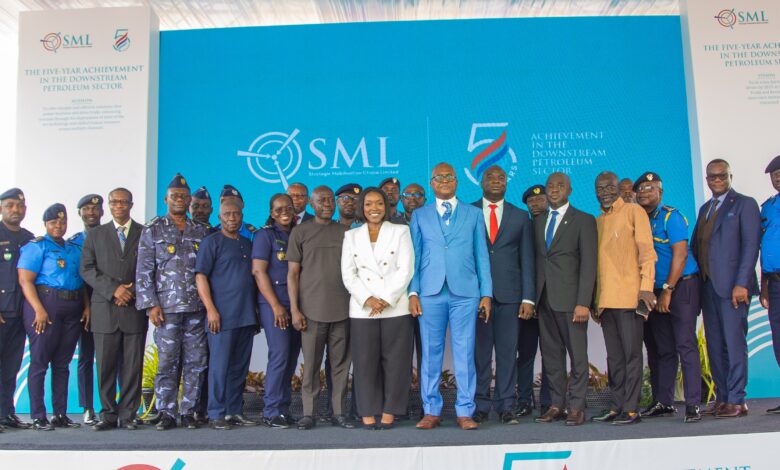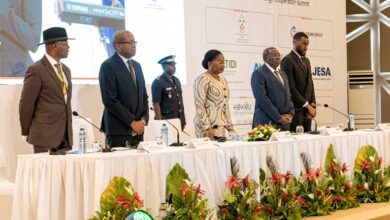From Fuel to Gold: SML Scales Its Revenue Assurance Model Across Extractives

Strategic Mobilisation Ghana Ltd. (SML) is marking five years of business growth with an aggressive expansion of its technology-led revenue assurance services from Ghana’s downstream petroleum sector into the upstream oil and solid minerals space. The company’s data-driven business model, hailed by industry players and experts, is redefining compliance, accountability, and fiscal transparency in Ghana’s extractive economy.
A Business Built on Compliance and Innovation
Since 2018, SML has operated under a contract with the Ghana Revenue Authority (GRA), helping to digitise fuel audits and plug revenue leakages. In doing so, the company has rapidly emerged as a key private sector partner in Ghana’s efforts to modernise tax administration across petroleum supply chains.
What began as a subcontract evolved into a multi-sector enterprise after the company’s technology platform helped raise taxable fuel volumes from 208 million litres to 450 million litres monthly—adding over GH¢20 billion in tax revenue between May 2020 and December 2024.
“Our business was built on a simple principle—revenue assurance through innovation. Today, SML is not just providing services; we are delivering results and shaping national development,” said Dr. Yaa Serwaa Sarpong, Director of Support Services at SML, during a commemorative event launching the new operational streams.
Low-Risk, High-Impact Investment Model
Unlike many contractors reliant on government mobilisation fees, SML’s full risk-reward investment model has positioned it as a low-risk, high-impact player. “We fully bear our own cost of operations and earn based on performance. That’s a different way of doing public-private partnerships,” Dr. Sarpong said.
This self-funded approach, experts say, reduces fiscal burden on the government while incentivising performance. It’s a model with potential for replication across Africa, particularly in sectors plagued by illicit financial flows.
From Petroleum to Minerals: New Frontiers for Expansion
In October 2023, the GRA consolidated all of SML’s services—spanning transaction audits, downstream and upstream monitoring, and solid minerals oversight—under a single Public Procurement Authority-approved contract.
This new mandate positions SML as a pioneer in digital oversight of Ghana’s extractive industries, providing real-time data to verify production, tax liability, and supply chain movements. “If the downstream has given us GH¢20 billion in four years, upstream could yield even more,” said Duncan Amoah, Executive Secretary of the Chamber of Petroleum Consumers (COPEC).
Industry Endorsements and Strategic Vision
Industry stakeholders, once skeptical, now endorse the firm’s capabilities. After touring SML’s operational centre, COPEC’s Amoah praised the company’s infrastructure and suggested it could revolutionise transparency in Ghana’s oil production volumes.
Supply chain expert Professor Douglas Boateng called the company’s fused platform “a generational innovation” and the only known real-time, multi-site revenue monitoring system in any emerging market to operate at scale. He envisions the Ghanaian-built platform being deployed in Nigeria’s oil fields, Zambia’s copper mines, and Kenya’s energy corridors.
Exporting a Ghanaian Solution to Africa
The African Development Bank estimates the continent loses up to US$90 billion annually through illicit financial flows—often linked to extractive industries. With a proven model already working in Ghana, SML sees opportunity beyond its borders.
“SML is ready to support that continental transformation,” Dr. Sarpong said. “Our tools, team, and track record are in place. We are not just serving Ghana; we are building a platform for Africa.”
Looking Ahead
As it marks five years of operation, SML says it remains committed to Ghana’s prosperity through fiscal accountability and tech-driven growth. “This milestone is not just about numbers; it’s about national service, innovation, and a united vision for economic sovereignty,” Dr. Sarpong concluded.




